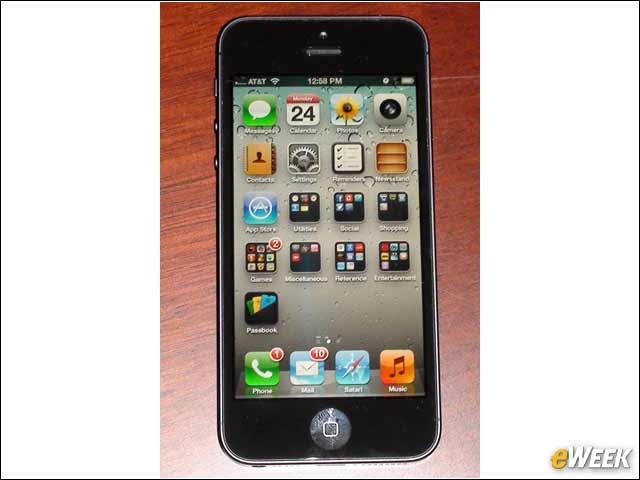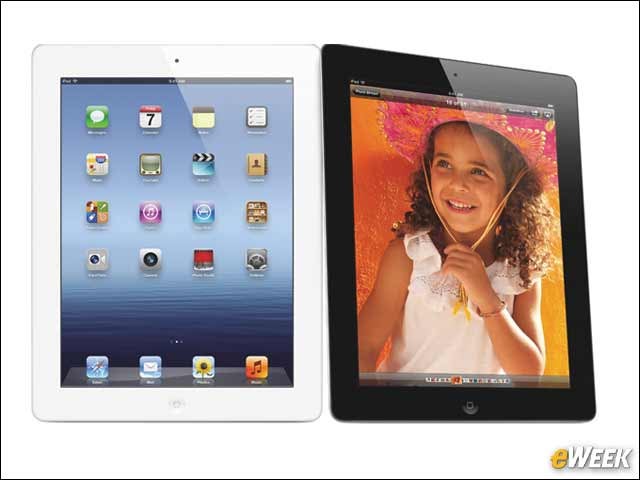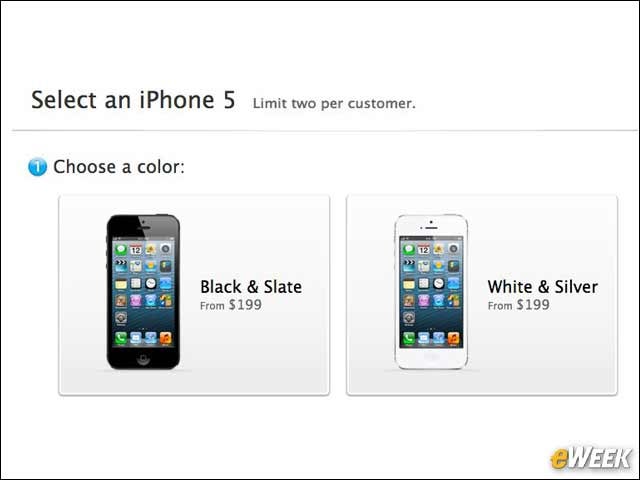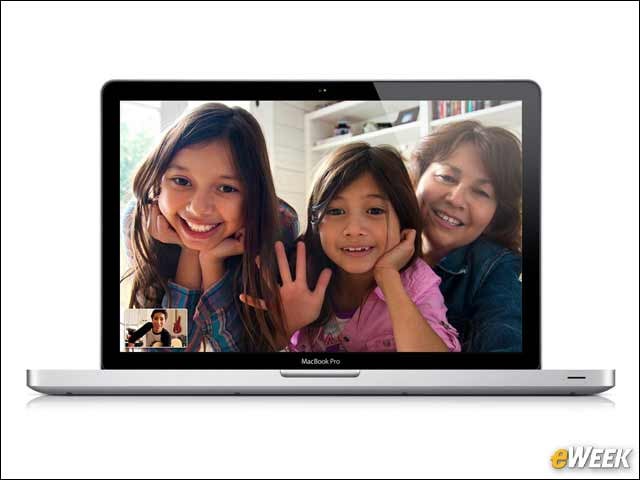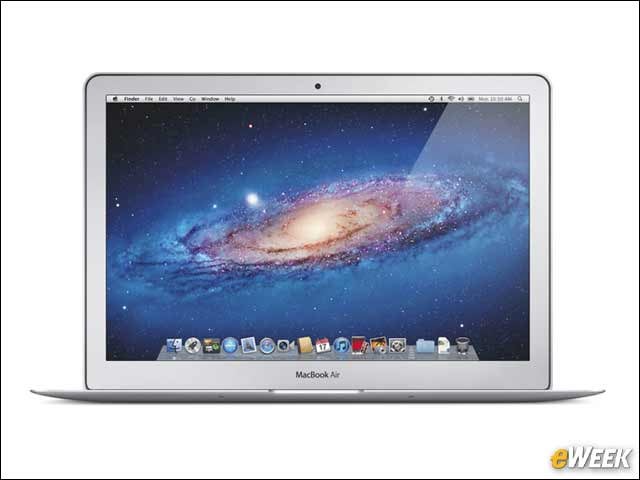eWEEK content and product recommendations are editorially independent. We may make money when you click on links to our partners. Learn More.
2The iPhone Is Relatively Secure
Apple’s iPhone is one of the most popular devices employees are bringing into the office. Although some companies have been less than willing to support the smartphone, IT decision-makers should realize that the iPhone is relatively secure and runs many apps that can be used effectively in business.
3The iPad Is Secure, Too
IT decision-makers should also see value in Apple’s iPad. Another popular product for BYOD’ers, the device is capable of being monitored through remote device management, and with some help from Apple’s software development kit, companies can create their own programs for the device. It’s a win-win.
4It’s All About Productivity
When it comes time to evaluate the BYOD possibilities for a company, it’s important to consider productivity. And as much as companies have resisted it, they’ve found that consumer-focused products, like the iPhone and like the Samsung Galaxy S4, actually make people more productive than former business favorites, like the BlackBerry. Why? It’s all about the software, the advanced features and the touch screen. The devices are intuitive. And intuitive devices make it much simpler to complete tasks.
5Remember the Apps
6It Helps Constrained Budgets
Although a recovery is going on, companies are still being negatively affected by constrained budgets. So, IT decision-makers need to push off plans to buy new products or invest in new software. By allowing employees to bring their own devices into the office, the cost of buying those handsets and computers drops. And in turn, more of the budget can be used on security products and infrastructure. Nice.
7It’s Happening, Anyway
Corporate managers who believe that employees aren’t already using their personal devices for work are kidding themselves. Employees are accessing corporate emails from their personal devices, they’re logging into cloud services from home, and they couldn’t care less if the IT side knows about it. So, why fight it? It’s easier to control the behavior by allowing it than turning a blind eye to it by banning it.
8It’s All About Android Security
For many CIOs and IT decision-makers, the issue with running an Android device is that the operating system has been hit hard with security exploits. It appears that those security woes will only increase in the coming years. But it’s the same issue that companies had been facing all those years with Windows. The malware creators have turned their attention to mobile devices, and Android has become the target of choice. Now companies need to adapt.
9Control Really Is Possible
It’s also important to keep in mind that it is possible to impose sensible management controls in a BYOD-ready company. For instance, companies can require that certain security software must be added to devices brought into the space. With remote device management, monitoring mobile usage is simple and effective. Control isn’t gone in a BYOD environment. Remember that.
10The Competitors Are Already Doing It
11Smartphones Are Delivering More Enterprise-Friendly Features
Smartphones as they were once known are no longer the same. Vendors such as Apple, Samsung, LG and Motorola are all realizing that companies are more willing to accept new handsets, and they’re bundling more enterprise-friendly features into their products because of it. Believe it or not, smartphones aren’t the place security goes to die in the enterprise. Nowadays, smartphones hold up quite well.

